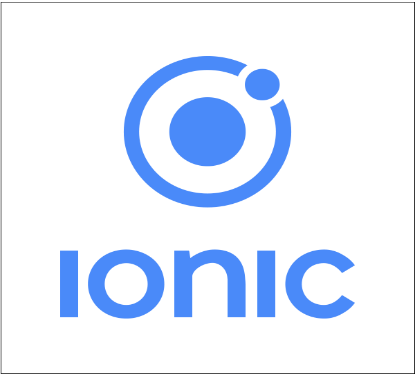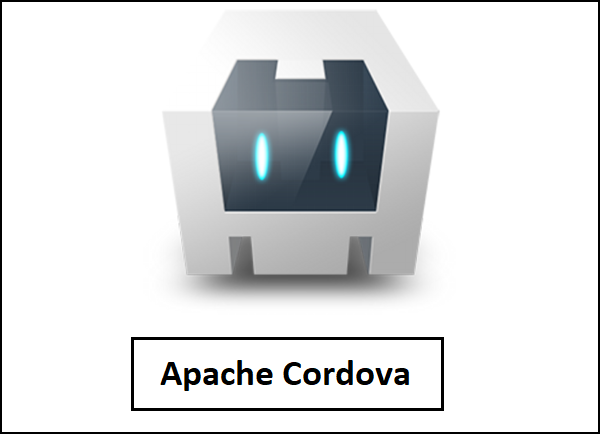Ionic vs Apache Cordova
Ionic Vs Apache Cordova
Ionic and Cordova are two popular technology going on in the market for mobile application development. The combination of these two technologies creates a development platform that is known as hybrid application development. Now, we are going to discuss the difference between Ionic and the Apache Cordova.
Ionic

Ionic is an open-source platform, which is used to develop mobile applications. It is a free and open-source component library to build the application that runs on the iOS, Android, and Web platforms. It uses various web technologies such as HTML, CSS, SaSS, and JavaScript.
It emphasizes the front-end user’s knowledge or user interface interaction of the application. It is simple to learn and can work with various libraries or frameworks such as AngularJS and Apache Cordova.
Ionic was introduced by Max Lynch, Ben Sperry, and Adam Bradly of Drifty Company in 2013. The first version of ionic, i.e., 1.0 beta, was released in March 2014. Although the ionic framework has integrated with Angular, it also provides support for Vue.js and React.js.
Advantages of Ionic Framework
- It is a free and open-source platform.
- It uses various languages such as HTML, CSS, and JavaScript, to develop a mobile application.
- It supports multiple user interface development.
- It is also used for the Hybrid Mobile app Development that runs on iOS, Android, and Web.
- It works on the MVC (Modal View Controller) Pattern.
Disadvantages of Ionic Framework
- The ionic framework is not supportable for large graphics-dependent apps or video games.
- The ionic application is not secure for financial apps such as banking or e-commerce apps. Also, it does not provide as much security as a native application.
- At present, ionic technology is under the development phase. It keeps changing its support and quality regularly, and its libraries can be modified at any time.
- The performance of the ionic app is slower than the native application. In some cases, the performance of the ionic application is not noticeable.
Apache Cordova

Apache Cordova is a platform used to develop mobile applications. It was created in 2009 by Nitobi. In 2011, Adobe Systems purchased Nitobi and renamed it PhoneGap. Later, it was released as an open-source version of the software known as Apache Cordova. Apache Cordova allows developers to build mobile applications using CSS, HTML, and JavaScript for different mobile platforms. It builds the mobile application that runs on Android, iOS, Windows phone, etc.
Many tools and frameworks are designed based on Apache Cordova, such as Ionic, Monaca, Visual Studio, GapDebug, App Builder, etc. Those who contribute to the Apache Cordova framework project include Adobe, Blackberry, Google, IBM, Microsoft, Mozilla, and others.
Advantages of Apache Cordova
- It works on CSS, HTML, and JavaScript to create a mobile application.
- It is used to develop a cross-platform application.
- It is a free and open-source technology.
- It has a large number of plugins that you can add to your application.
- It is easy to use and can learn quickly.
- It is used to develop the app quickly and effectively.
Disadvantages of Apache Cordova
- Hybrid Apps tend to be slower due to its cross-compilation capabilities.
- Plugins may not work properly, so it may need to be modified.
- Many plugins may have compatibility issues across various platforms and devices.
Main Difference between the Ionic and Apache Cordova
- Ionic provides the required frameworks to use in the app. While Cordova provides plugins that are needed to run the application similar to native apps.
- You can create a beautiful and effective design for the app by using the ionic framework with the help of HTML, CSS, JavaScript, etc.
- Apache Cordova provides features to the application, such as integrating Bluetooth access functionality, Camera features, video recording features, etc.
- You can create your plugin in the Apache Cordova, whereas Ionic does not allow you to create your own plugin.
- The ionic framework provides various functions required to integrate into the application, whereas Cordova provides the hardware access capability to the application.